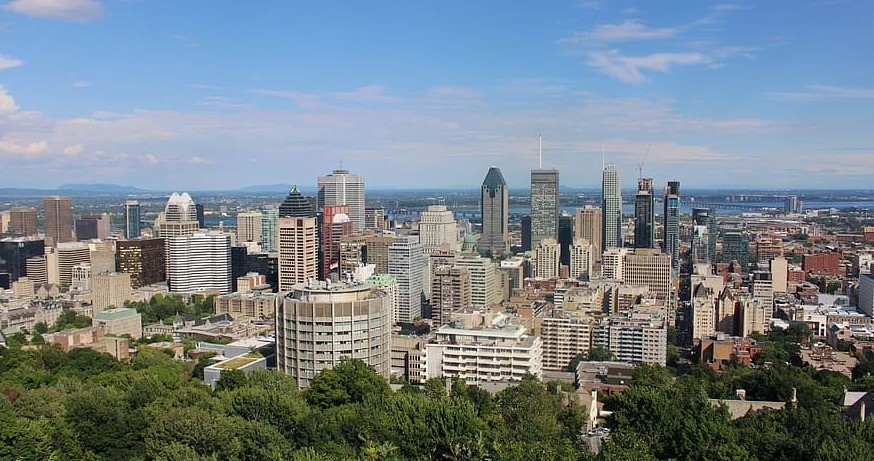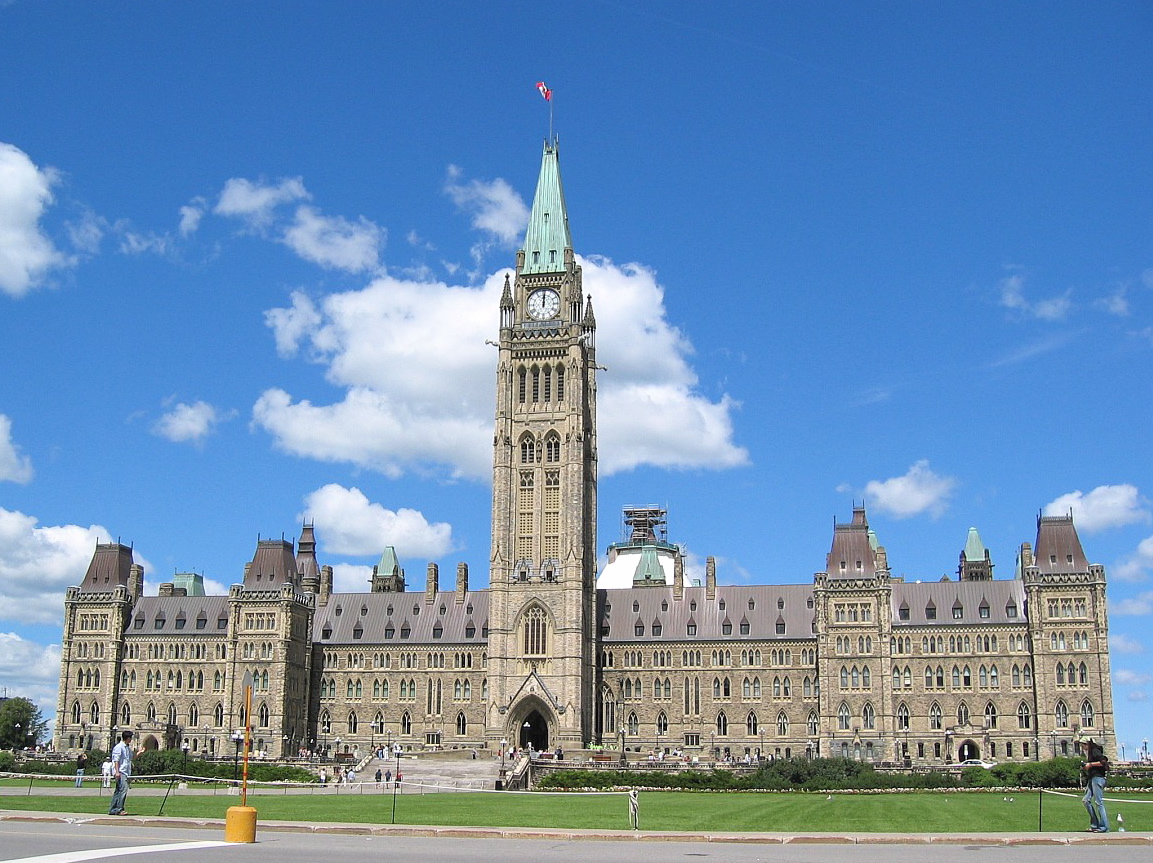Canada is renowned for its high-quality education and vibrant multicultural cities, attracting students from around the world to its top universities. From the bustling streets of Toronto to the historic charm of Quebec City, each city offers a unique living experience along with prestigious educational institutions. For those looking to dive deeper into the specifics of academic excellence, check out my article on the top 10 universities in Canada. This article explores the top 15 cities in Canada that are home to some of the best universities in the country. We will delve into not only the academic opportunities but also the diverse climates and weather patterns that define life in these cities throughout the year.
Toronto, Ontario: Experience Vibrant Life and Varied Weather

Toronto, Ontario is Canada’s largest city and a major international hub for business, finance, arts, and culture. Known for its diverse population and vibrant city life, it is home to prominent universities like the University of Toronto, York University, and Ryerson University. Toronto experiences warm summers with average highs around 25-30°C (77-86°F) and cold winters with temperatures often below freezing, averaging -5 to -10°C (23-14°F). Rain is common in spring and fall, and snow can be heavy in winter.
Montreal, Quebec: Discover Extreme Weather and Rich Culture

Montreal, Quebec is the largest city in Quebec, known for its rich history, vibrant arts scene, and multicultural atmosphere. The city is a major hub for commerce, aerospace, and technology, with major universities including McGill University, Université de Montréal, and Concordia University. Montreal has hot summers with temperatures reaching 26-30°C (79-86°F) and very cold winters, often dropping to -10 to -20°C (14 to -4°F). The city receives significant snowfall in winter and moderate rain in summer and fall.
Vancouver, British Columbia: Enjoy Coastal Beauty and Mild Weather

Vancouver, British Columbia showcases its stunning natural beauty with nearby mountains and ocean. It is a major center for film production, technology, and trade, with the University of British Columbia and Simon Fraser University being the major universities. Vancouver enjoys mild, rainy winters with temperatures around 4-8°C (39-46°F) and warm, dry summers averaging 20-25°C (68-77°F). The city is known for its high rainfall, especially in winter, but rarely gets snow.
Edmonton, Alberta: Thrive in the Cold

Edmonton, Alberta is the capital of Alberta, known for its vibrant arts community, festivals, and as a gateway to the northern oil sands. Major universities include the University of Alberta and MacEwan University. Edmonton experiences cold winters with temperatures often dropping below -15°C (5°F) and warm summers averaging 20-25°C (68-77°F). Snow is common from November to March, and summers are usually dry with occasional thunderstorms.
Waterloo, Ontario: Innovate Through Seasonal Changes
Waterloo, Ontario shines for its technology sector and innovation as part of the “Tech Triangle” with Kitchener and Cambridge. It hosts the University of Waterloo and Wilfrid Laurier University. Waterloo has warm summers with highs around 25-28°C (77-82°F) and cold winters with temperatures often below freezing, averaging -5 to -10°C (23-14°F). Rain is frequent in spring and fall, with snow in winter.
London, Ontario: Explore Regional Life and Weather

London, Ontario is a regional center for healthcare and education, with a strong manufacturing base and a vibrant arts scene. Western University is the largest university in the city. London experiences warm summers with highs around 25-28°C (77-82°F) and cold winters, often dropping to -5 to -10°C (23-14°F). The city receives moderate rainfall throughout the year and heavy snow in winter.
Hamilton, Ontario: Witness Industrial Strength and Weather

Hamilton, Ontario is an industrial city known for its steel production, as well as a growing healthcare and education sector. McMaster University is the largest university in Hamilton. The city has warm summers with temperatures reaching 25-28°C (77-82°F) and cold winters averaging -5 to -10°C (23-14°F). The city experiences moderate rainfall year-round and significant snowfall in winter.
Ottawa, Ontario: Embrace the Capital City’s Seasonal Weather

Ottawa, Ontario is the capital city of Canada, known for its government institutions, cultural attractions, and bilingual (English and French) character. Major universities include the University of Ottawa and Carleton University. Ottawa experiences hot summers with temperatures around 25-30°C (77-86°F) and very cold winters, often dropping to -15 to -25°C (5 to -13°F). The city receives moderate rainfall and heavy snowfall.
Kingston, Ontario: Explore Historic Charm and Winters

Kingston, Ontario is known for its historic sites, including Fort Henry, and its position at the entrance to the Thousand Islands. Queen’s University is the largest university in Kingston. The city has warm summers with highs around 25-28°C (77-82°F) and cold winters, often dropping to -10°C (14°F). Rain is common in spring and fall, with moderate snowfall in winter.
Calgary, Alberta: Experience Stampede Spirit and Weather Extremes

Calgary, Alberta is known for its oil industry, the Calgary Stampede, and as a gateway to the Canadian Rockies. The University of Calgary is the largest university in the city. Calgary has mild summers with temperatures around 20-25°C (68-77°F) and cold winters, often dropping to -10 to -15°C (14 to 5°F). The city is dry, with occasional summer rain and significant winter snow.
Halifax, Nova Scotia: Enjoy Maritime Culture and Moderate Weather

Halifax, Nova Scotia is a major economic center in Atlantic Canada, known for its maritime history and vibrant cultural scene. Dalhousie University and Saint Mary’s University are the largest universities in Halifax. The city experiences mild summers with highs around 20-25°C (68-77°F) and cold winters averaging -5°C (23°F). The city gets moderate rainfall year-round and some snowfall in winter.
Burnaby, British Columbia: Discover Diversity and Weather

Burnaby, British Columbia is part of the Greater Vancouver area and is known for its parks, shopping centers, and cultural diversity. Simon Fraser University (main campus) is located in Burnaby. The city has mild, rainy winters with temperatures around 4-8°C (39-46°F) and warm, dry summers averaging 20-25°C (68-77°F). The city sees significant rainfall, particularly in winter, with rare snowfall.
Victoria, British Columbia: Revel in Mild Climate and Elegance

Victoria, British Columbia is the capital of British Columbia, known for its British colonial history, beautiful gardens, and mild climate. The University of Victoria is the largest university in the city. Victoria enjoys mild winters with temperatures around 5-10°C (41-50°F) and warm summers averaging 20-25°C (68-77°F). Rain is common in winter, but the city is one of Canada’s driest, with little snow.
Saskatoon, Saskatchewan: Face Weather Extremes in a Vibrant City

Saskatoon, Saskatchewan boasts a vibrant culture with festivals, a growing technology sector, and a scenic riverfront. The University of Saskatchewan is the largest university in Saskatoon. The city experiences hot summers with highs around 25-30°C (77-86°F) and very cold winters, often dropping to -20 to -30°C (-4 to -22°F). The city has dry summers with occasional thunderstorms and heavy winter snow.
Quebec City, Quebec: Experience Historic Atmosphere and Winter Weather

Quebec City, Quebec is known for its well-preserved historical architecture, vibrant Francophone culture, and annual winter carnival. Université Laval is the largest university in Quebec City. The city has warm summers with temperatures around 25-28°C (77-82°F) and very cold winters, often dropping to -15 to -25°C (5 to -13°F). The city receives moderate rainfall and significant snowfall in winter.
Choosing a university is about more than just academic excellence; it’s also about finding a place that feels like home. Each Canadian city blends cultural, social, and environmental factors, contributing to a rich student life. For a general overview of the weather in Canada, you can consult the Climate Atlas of Canada or Environment and Climate Change Canada. Whether you prefer the snowy winters of Montreal, the mild climate of Victoria, or the vibrant urban atmosphere of Toronto, Canada provides a wealth of options to suit every preference. Explore what each city offers beyond the classroom to ensure your university years are fulfilling and enjoyable.

https://honda-fit.ru/forums/index.php?autocom=gallery&req=si&img=7035
https://myteana.ru/forums/index.php?autocom=gallery&req=si&img=6609
https://vitz.ru/forums/index.php?autocom=gallery&req=si&img=5080
Good https://rb.gy/4gq2o4
Good https://is.gd/N1ikS2
Very good https://is.gd/N1ikS2
Very good https://is.gd/N1ikS2
Good https://is.gd/N1ikS2
Very good https://is.gd/N1ikS2
Good https://is.gd/N1ikS2
http://terios2.ru/forums/index.php?autocom=gallery&req=si&img=4790
https://mazda-demio.ru/forums/index.php?autocom=gallery&req=si&img=6574
Very good https://is.gd/N1ikS2
Very good https://is.gd/N1ikS2
http://terios2.ru/forums/index.php?autocom=gallery&req=si&img=4698
https://hrv-club.ru/forums/index.php?autocom=gallery&req=si&img=6992
http://wish-club.ru/forums/index.php?autocom=gallery&req=si&img=5291
https://mazda-demio.ru/forums/index.php?autocom=gallery&req=si&img=6402
http://terios2.ru/forums/index.php?autocom=gallery&req=si&img=4622
https://vitz.ru/forums/index.php?autocom=gallery&req=si&img=5055
http://terios2.ru/forums/index.php?autocom=gallery&req=si&img=4842
Awesome https://shorturl.fm/oYjg5
Good partner program https://shorturl.fm/m8ueY
Good https://shorturl.fm/TbTre
https://shorturl.fm/m8ueY
https://shorturl.fm/bODKa
https://shorturl.fm/TbTre
https://shorturl.fm/6539m
https://shorturl.fm/YvSxU
https://shorturl.fm/6539m
https://shorturl.fm/a0B2m
https://shorturl.fm/68Y8V
https://shorturl.fm/oYjg5
https://shorturl.fm/m8ueY
https://shorturl.fm/FIJkD
https://shorturl.fm/68Y8V
https://shorturl.fm/XIZGD
https://shorturl.fm/PFOiP
https://shorturl.fm/YZRz9
https://shorturl.fm/Kp34g
https://shorturl.fm/47rLb
https://shorturl.fm/hQjgP
https://shorturl.fm/TDuGJ
https://shorturl.fm/hevfE
https://shorturl.fm/Xect5
https://shorturl.fm/hQjgP
https://shorturl.fm/JtG9d
https://shorturl.fm/0oNbA
https://shorturl.fm/47rLb